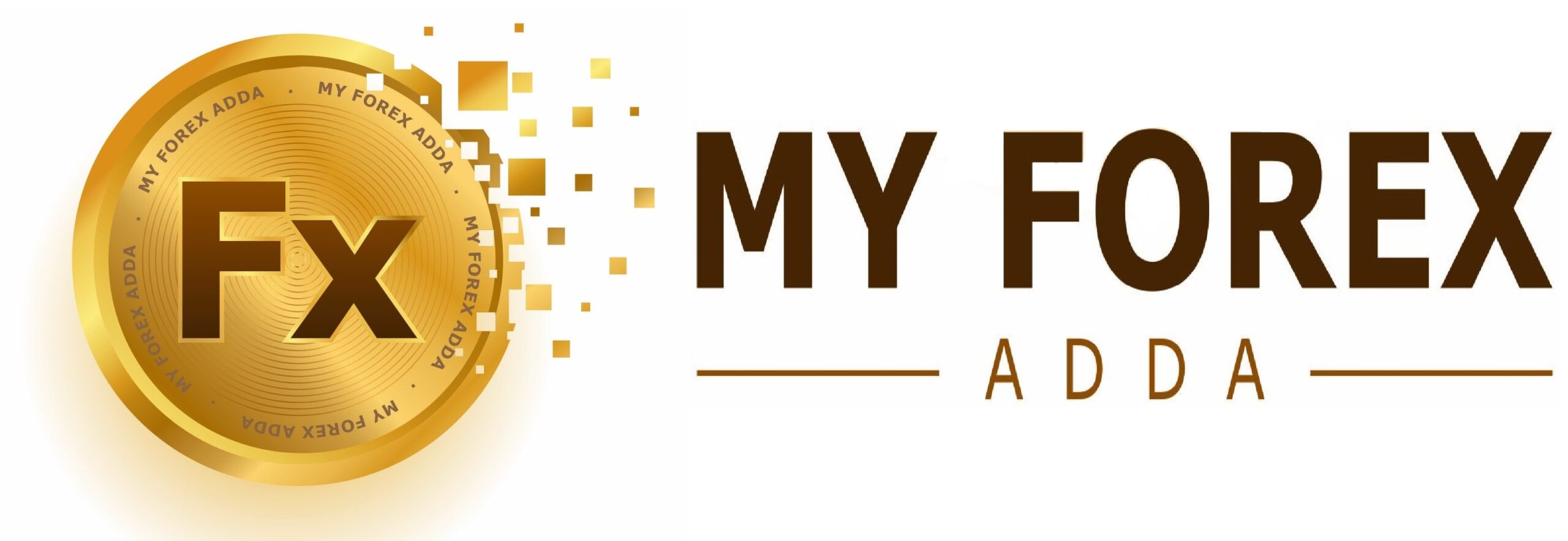The world’s leading investment banks are set to achieve their highest revenue in five years from trading Israeli bonds and currency, fueled by heightened volatility from the ongoing 14-month Middle East conflict, according to data reviewed by Reuters.
In 2024, banks are projected to generate $475 million in fixed-income, currencies, and commodities (FICC) trading revenue tied to Israel—a more than 10% increase from 2023—driven primarily by fluctuations in the Israeli shekel, data from Vali Analytics Ltd indicate.
This revenue surge highlights how global banks are capitalizing on price swings in Israeli assets as conflicts in Gaza and Lebanon persist. These tensions have elevated Israeli inflation, constrained economic growth, and increased borrowing costs.
JPMorgan Chase & Co., the largest U.S. bank, is expected to lead among 10 global lenders surveyed, earning around $70 million from such trades so far in 2024, according to a source familiar with the data. While this represents a small fraction of global trading income, the double-digit growth underscores the appeal of Israeli asset trading during an otherwise subdued year for trading activity.
Vali Analytics anticipates no overall growth in FICC income for the 10 global banks this year. However, Goldman Sachs and Citigroup hold significant shares in the Israeli FICC market after JPMorgan, while European banks maintain smaller stakes. Goldman, Citi, and JPMorgan declined to comment.
Amid scrutiny from activists and governments, some major European financial firms have reduced their ties with Israeli companies or entities linked to the country, Reuters reported earlier. However, the performance of European banks in the Israeli trading market remains unclear.
JPMorgan, which has operated in Israel since opening its Tel Aviv office in 2000, employs about 200 people there and continues to expand its presence.
Increased Volatility Boosts Trading
JPMorgan’s global fixed-income market trading revenue dropped 2% to $14.7 billion in the first nine months of 2024 compared to the same period in 2023, according to a bank filing. However, volatility remains a key driver for traders betting on future asset movements.
In early November, the shekel’s one-month implied volatility reached its highest point since October 2023 and consistently surpassed euro volatility earlier in the year. These fluctuations have created lucrative opportunities for traders.
“Israeli currency volatility has risen due to divided domestic politics, concerns over institutional stability from judicial reforms, and, more recently, the war on multiple fronts,” said Hasnain Malik, head of emerging and frontier markets equity strategy at Tellimer.
In 2023, the Israeli government enacted controversial laws reducing the Supreme Court’s powers in favor of Prime Minister Benjamin Netanyahu’s executive branch, unsettling investors. The subsequent regional conflict exacerbated market swings. Recently, the shekel has gained nearly 3% against the dollar, partly driven by optimism over a potential ceasefire agreement between Israel and Iran-backed Hezbollah in Lebanon.





